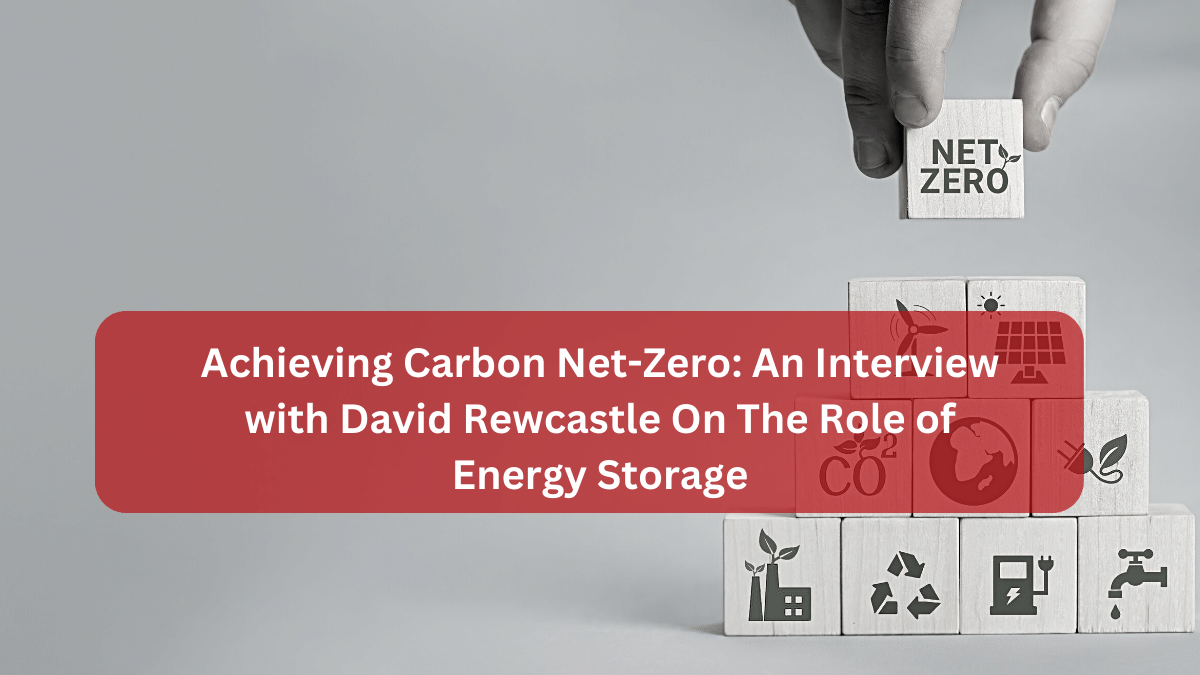David Rewcastle, an expert in renewable energy and energy storage, provided insight into the role of energy storage in achieving carbon neutrality during a recent interview. As we move toward cleaner electricity sources globally, understanding its significance for energy storage becomes even more crucial.
Energy storage solutions are essential in the transition to renewable energy as they allow us to store energy generated by sources like solar and wind. By utilizing various forms of energy storage, countries can ultimately become completely powered by renewable sources. However, transitioning from fossil fuels presents various challenges such as infrastructure adaptation and reliable access to energy storage facilities.
Governments can play a vital role in encouraging efficient energy storage practices by passing laws and regulations that offer incentives for renewable energy installation and encouraging research and development of new technologies. Decentralizing energy production and consumption has several advantages, such as reducing transmission losses, strengthening electricity networks’ resilience, and allowing households and communities to actively participate in creating their own renewable energy sources.
At present, several energy storage solutions exist, such as lithium-ion batteries, flow batteries, and hydrogen storage solutions like cryo or compressed tanks. Ultimately, the choice of storage depends on the application and locality; increasing efficiency and grid stability – are essential elements in our transition toward a sustainable future.
David Rewcastle’s insights on energy storage are invaluable for achieving carbon neutrality, providing invaluable guidance in this regard.

David Rewcastle of Darien, Connecticut, is an Equity and Fixed Income Analyst with a background in Finance and Middle East Studies




Leave A Comment